Embracing a life with diabetes or pursuing a healthier lifestyle requires careful consideration of dietary choices.
Maintaining optimal blood sugar levels becomes a priority, and the selection of appropriate foods plays a pivotal role in this journey.
Unveiling the Glycemic Index
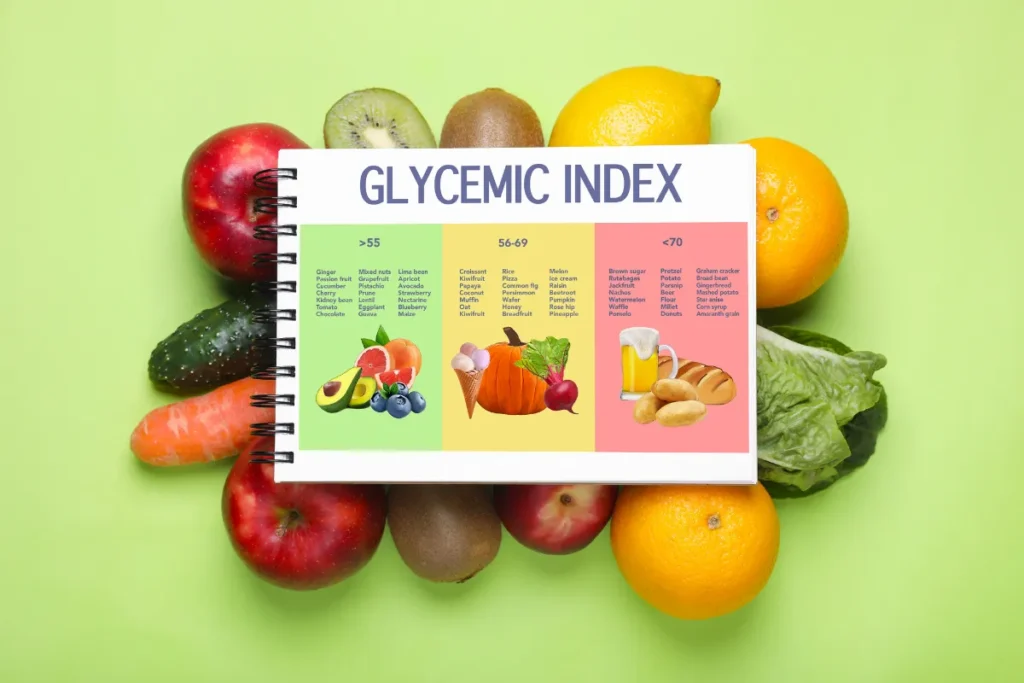
Before embarking on a quest to discover diabetes-friendly foods, it’s essential to grasp the concept of the glycemic index (GI).
The GI measures how swiftly a particular food raises blood sugar levels.
Foods with a low GI are digested and absorbed slowly, leading to a gradual increase in blood sugar levels—an ideal choice for those conscientious of their glucose levels.
The Berry Bonanza
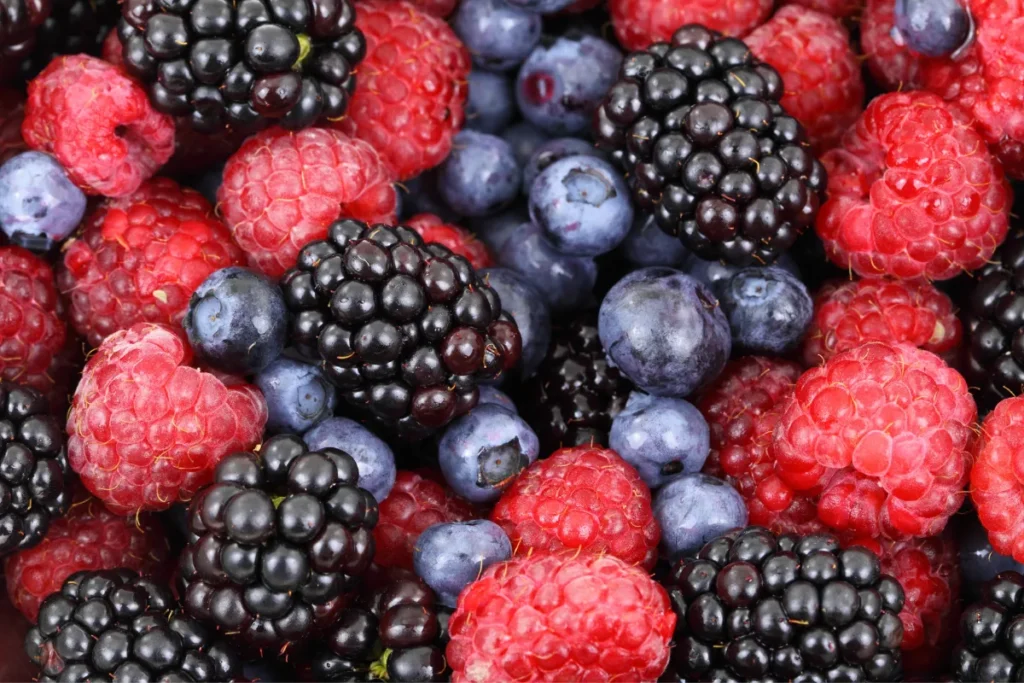
Enter the world of berries – blueberries, strawberries, and raspberries – bursting not only with flavor but also sitting low on the glycemic index.
These tiny treats, packed with antioxidants, fiber, and essential vitamins, can be a delightful addition to your morning cereal, yogurt, or enjoyed as a standalone snack.
Harnessing the Power of Leafy Greens
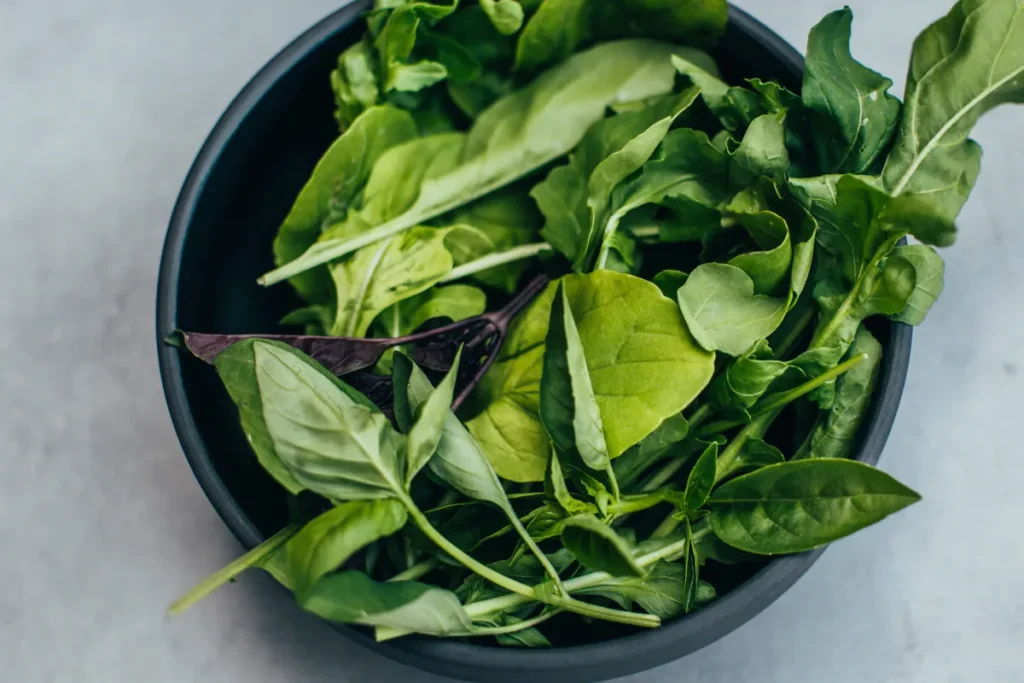
Dark leafy greens such as spinach, kale, and Swiss chard emerge as nutritional powerhouses that won’t disrupt your blood sugar levels.
Rich in fiber, these veggies provide essential nutrients while contributing to a low-GI diet.
Consider incorporating them into salads, smoothies, or sautés for a healthy dose of greens.
Nuts and Seeds for Sustenance
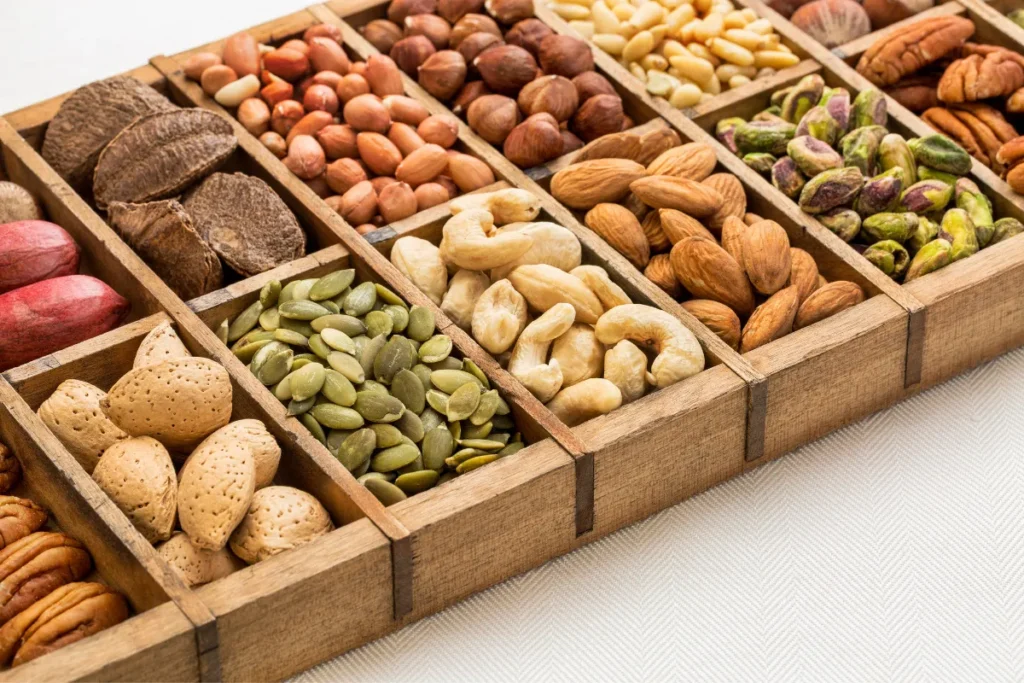
When it comes to maintaining stable blood sugar levels, nuts and seeds, including almonds, walnuts, chia seeds, and flaxseeds, take center stage.
Offering a satisfying crunch and packed with healthy fats, protein, and fiber, these snacks serve as convenient, on-the-go options that won’t lead to sugar level spikes.
Quinoa: The Super Grain
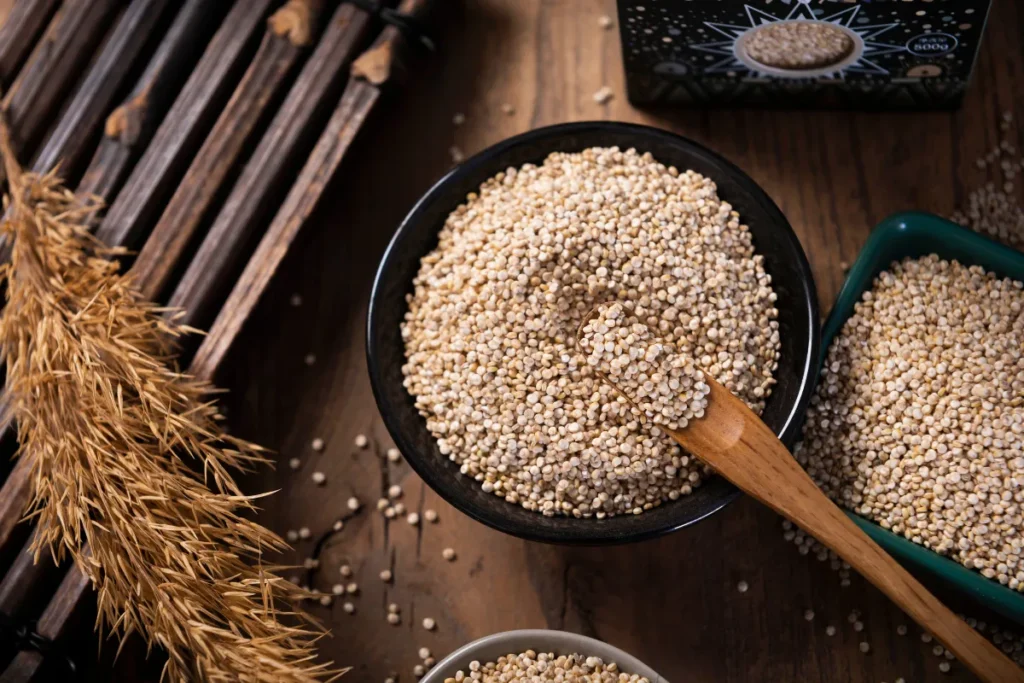
Make a smart swap by replacing refined grains with quinoa, a versatile and nutrient-rich whole grain. With a low glycemic index and high protein content, quinoa stands out as an excellent alternative to traditional grains like rice or pasta. Try incorporating it into salads, bowls, or as a side dish to savor its blood sugar-friendly benefits.
Fish and Omega-3 Fatty Acids

Delicious and rich in omega-3 fatty acids, fatty fish such as salmon, mackerel, and trout become not just a culinary delight but also a smart choice for maintaining stable blood sugar levels.
Whether grilled, baked, or broiled, fish can serve as a delightful centerpiece for your meals.
Greek Yogurt Goodness
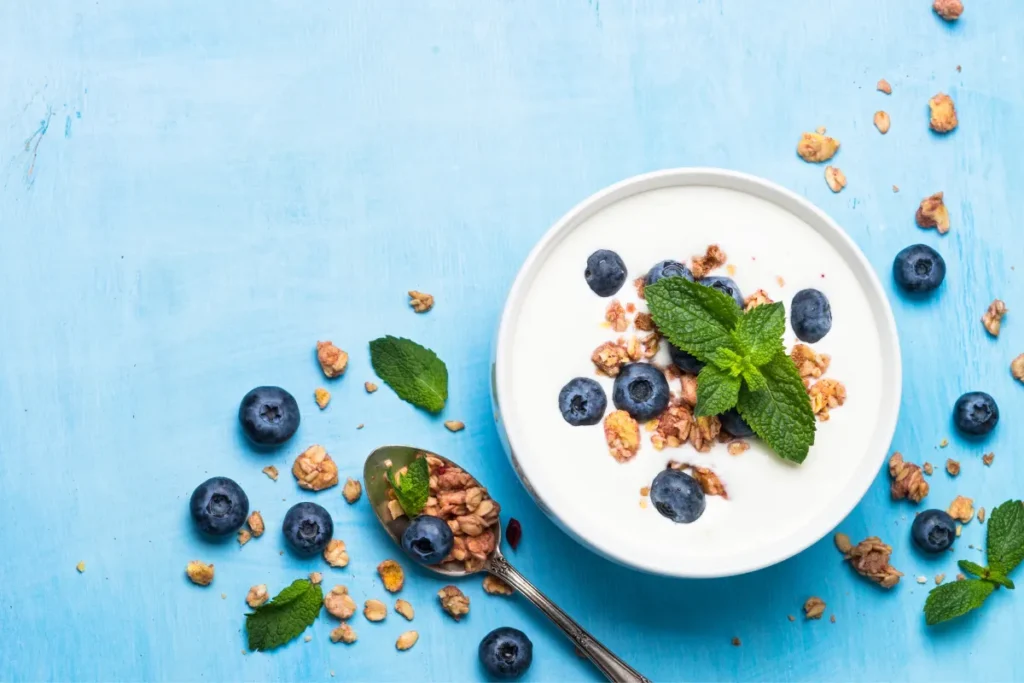
Greek yogurt, with its creamy texture and tangy flavor, emerges as a low-GI dairy option that packs a protein punch.
Enjoy it with fresh berries or a drizzle of honey for a satisfying and blood sugar-friendly snack.
The probiotics in Greek yogurt contribute to gut health, adding an extra layer of benefits.
Cinnamon Sweet Delight

Infuse your meals with the warmth and aroma of cinnamon, a spice known for its potential to improve insulin sensitivity.
Whether sprinkled on morning oatmeal, added to coffee, or incorporated into baked goods, cinnamon offers a delicious way to enhance flavor without causing sugar level spikes.
Avocado Magic
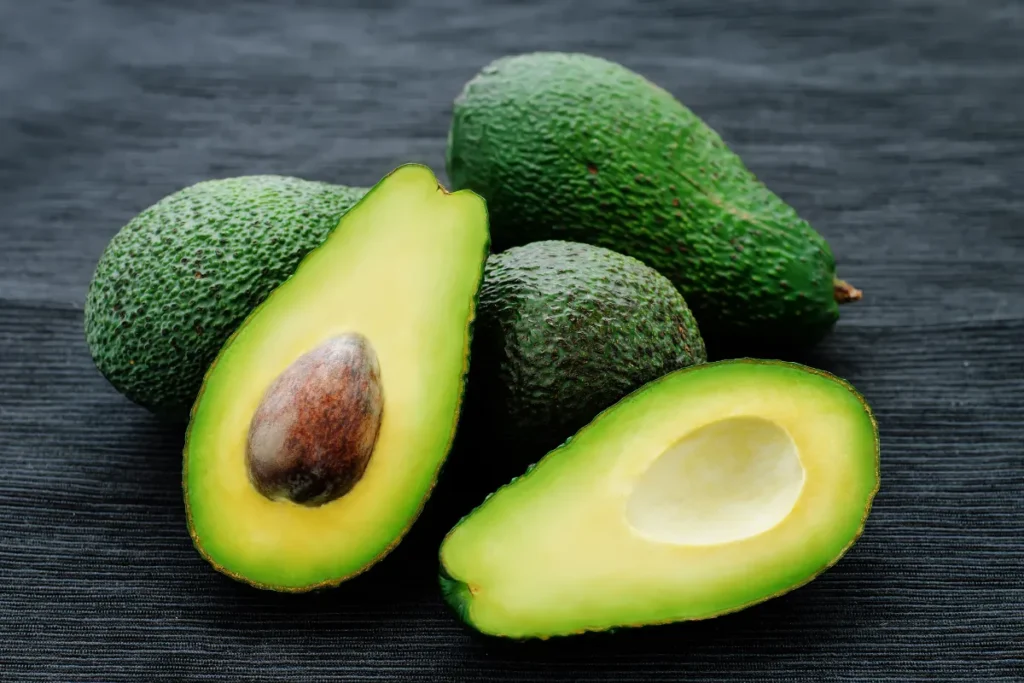
Hailed as a superfood, avocado proves to be a rich source of healthy fats, fiber, and essential nutrients.
Its low carbohydrate content makes it a suitable choice for those managing their blood sugar levels.
Mash it for a savory spread, slice it onto salads, or enjoy it as a standalone snack for a nutrient-packed treat.
Eggs: A Protein Powerhouse

Eggs, a versatile and protein-rich food, can be a staple in any meal.
Boiled, scrambled, or as an omelet, eggs provide satiety without causing significant spikes in blood sugar levels.
Their nutrient density and ability to keep you full make them an excellent addition to a balanced diet.
Exploring Additional Diabetes-Friendly Options
Legumes: Protein-Packed Powerhouses
Legumes, including lentils, chickpeas, and black beans, offer a protein-packed punch without causing rapid spikes in blood sugar levels.
Incorporate them into soups, stews, or salads for a hearty and diabetes-friendly meal.
Colorful Vegetables: A Rainbow of Nutrients
Bright and colorful vegetables, such as bell peppers, tomatoes, and carrots, not only add visual appeal to your plate but also provide an array of essential nutrients.
Roast them, include them in stir-fries, or enjoy them raw for a diabetes-friendly veggie boost.
Whole Grains for Sustained Energy
In addition to quinoa, explore other whole grains like brown rice, barley, and oats.
These grains offer sustained energy without causing rapid spikes in blood sugar levels.
Experiment with different grains to find your favorites.
Dairy Alternatives: Exploring Non-Dairy Options
For those looking to reduce dairy intake, consider alternatives like almond milk, soy milk, or oat milk.
Opt for unsweetened varieties to avoid unnecessary added sugars while still enjoying the creamy texture in your coffee or cereal.
Lifestyle Tips for Diabetes Management
Regular Physical Activity: A Key Component
Incorporate regular physical activity into your routine, as it plays a crucial role in managing blood sugar levels.
Whether it’s brisk walking, cycling, or yoga, find activities you enjoy and make them a consistent part of your lifestyle.
Stress Management: Finding Balance
Chronic stress can impact blood sugar levels, so it’s essential to incorporate stress-management techniques into your daily life.
Practices such as meditation, deep breathing exercises, or spending time in nature can help promote overall well-being.
Regular Monitoring and Consultation
Regularly monitor your blood sugar levels and consult with healthcare professionals to ensure your diabetes management plan is tailored to your specific needs.
Adjustments may be necessary based on
your individual responses to different foods and lifestyle changes.
Embracing a Wholesome Approach to Diabetes-Friendly Living
In conclusion, embracing a diabetes-friendly lifestyle goes beyond just selecting suitable foods.
It involves a holistic approach that includes a diverse and balanced diet, regular physical activity, stress management, and ongoing monitoring and consultation with healthcare professionals.
By navigating this path with mindfulness and incorporating a variety of diabetes-friendly options into your daily life, you can not only manage blood sugar levels but also savor the joys of a flavorful and fulfilling existence.
Conclusion: A Flavorful Path to Diabetes-Friendly Living
Navigating the landscape of diabetes-friendly foods doesn’t necessitate sacrificing flavor or satisfaction.
By incorporating low-GI options like berries, leafy greens, nuts, quinoa, fish, Greek yogurt, cinnamon, avocado, and eggs into your meals, you can enjoy a diverse and delicious menu without compromising your blood sugar levels.
FAQs: Your Guide to Balancing Flavor and Health
Q1: Can I still enjoy sweet treats if I’m mindful of my blood sugar levels?
Absolutely! Opt for natural sweeteners like stevia or use small amounts of honey or maple syrup in moderation.
Q2: Are there specific fruits I should avoid due to high sugar content?
While moderation is key, fruits like melons and pineapples have a higher sugar content, so it’s advisable to consume them in smaller portions.
Q3: How can I incorporate these foods into a balanced meal plan?
Create well-rounded meals by combining lean proteins, healthy fats, and fiber-rich carbohydrates. Experiment with different recipes to keep your meals exciting.
Q4: Are there other spices besides cinnamon that can enhance flavor without spiking blood sugar?
Yes, spices like turmeric, ginger, and garlic can add depth to your meals without significantly impacting blood sugar levels.
Q5: Can I indulge in occasional treats without jeopardizing my blood sugar control?
Absolutely, moderation is key.
Allow yourself occasional treats but be mindful of portion sizes and frequency to maintain stable blood sugar levels.

